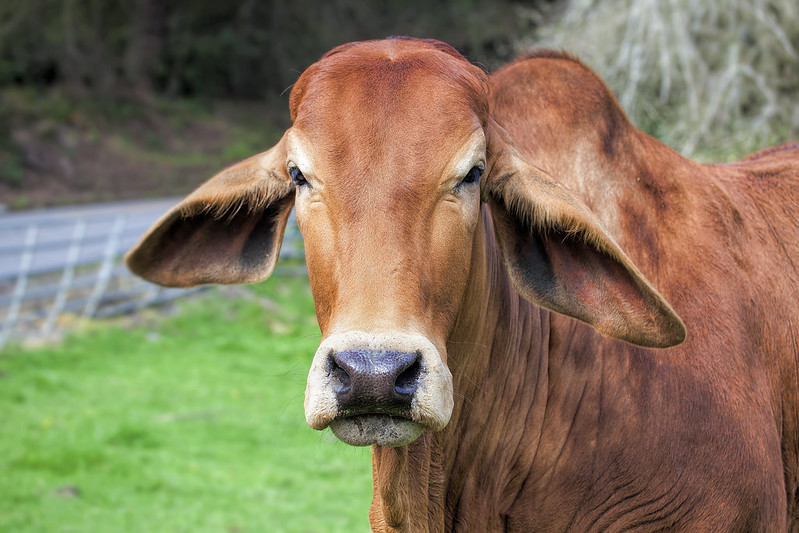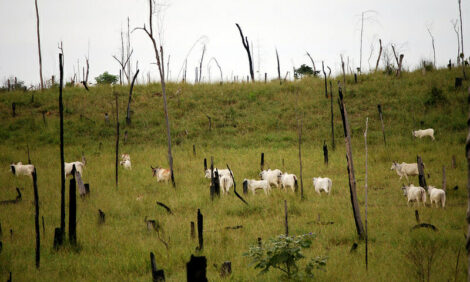



US research aims to improve value of tropically-adapted beef cattle
Texas A&M research looks to compensate for rising temperatures without compromising beef qualityA team of researchers at Texas A&M are evaluating the physiological differences between cattle breeds and temperament in beef cattle herds with Graham genetics incorporated. The research team is headed by Sarah White-Springer and Thomas Welsh Jr., both of which are faculty in the College of Agriculture and Life Sciences’ Department of Animal Science at Texas A&M. Other team members in the Department of Animal Science include David Riley, Ph.D., a geneticist, and Penny Riggs, Ph.D., a molecular geneticist.
According to a recent AgriLife Today report, their aim is to determine how temperament and muscle energetics in young beef animals impact product quality later in life. A three-year, $500,000 US Department of Agriculture (USDA) National Institute of Food and Agriculture grant will support the project. Over the three years they will study skeletal muscle energetics at the cellular level in order to determine how live animal mitochondria related to meat quality.
“Our goal is to be able to identify testing procedures that can help producers make economically viable decisions about future management of an individual bull, heifer or steer earlier in the production cycle,” White-Springer said.
The study focuses on purebred Angus and Brahman cattle with good reason. Angus are a desirable breed for meat quality, while Brahman cattle are often bypassed because of their temperament and lower carcass quality. Ultimately, the researchers would like to identify how to improve the quality of beef derived from tropically adapted breeds in order to help producers address rising global temperatures.
“If climate change occurs as predicted, there will be an increased reliance on tropically adapted livestock,” said Welsh. “Our USDA-funded project will acquire new cellular and molecular information about how energetics and temperament may interact to affect production of meat from both Brahman and Angus cattle. The objective remains to sustainably and profitably produce healthy food for healthy people.”



